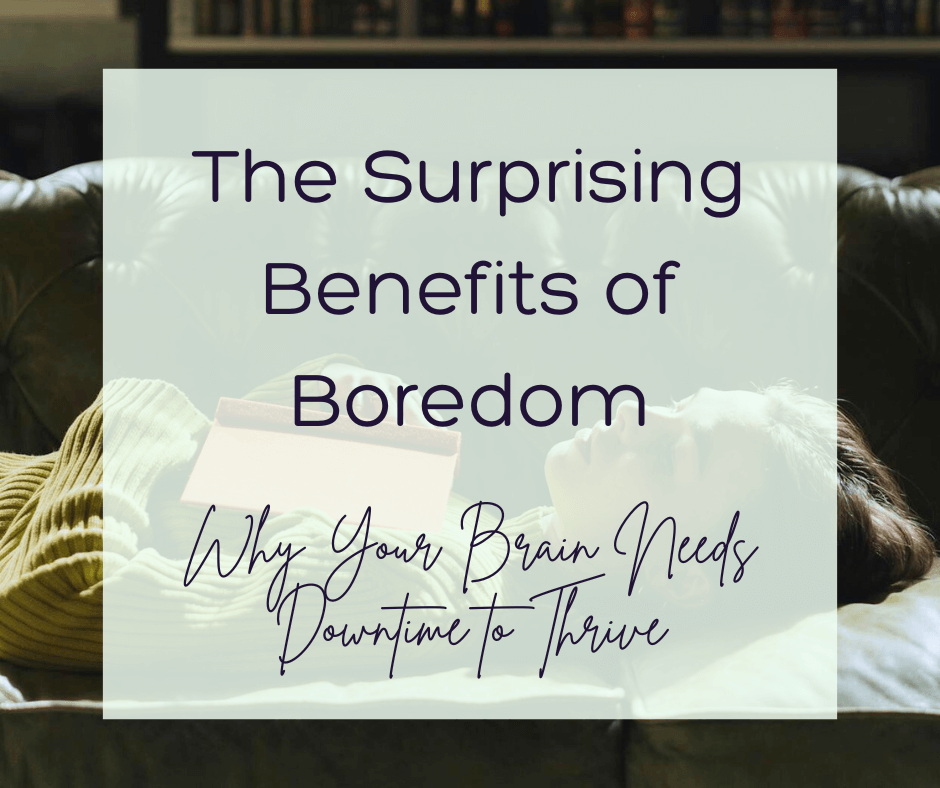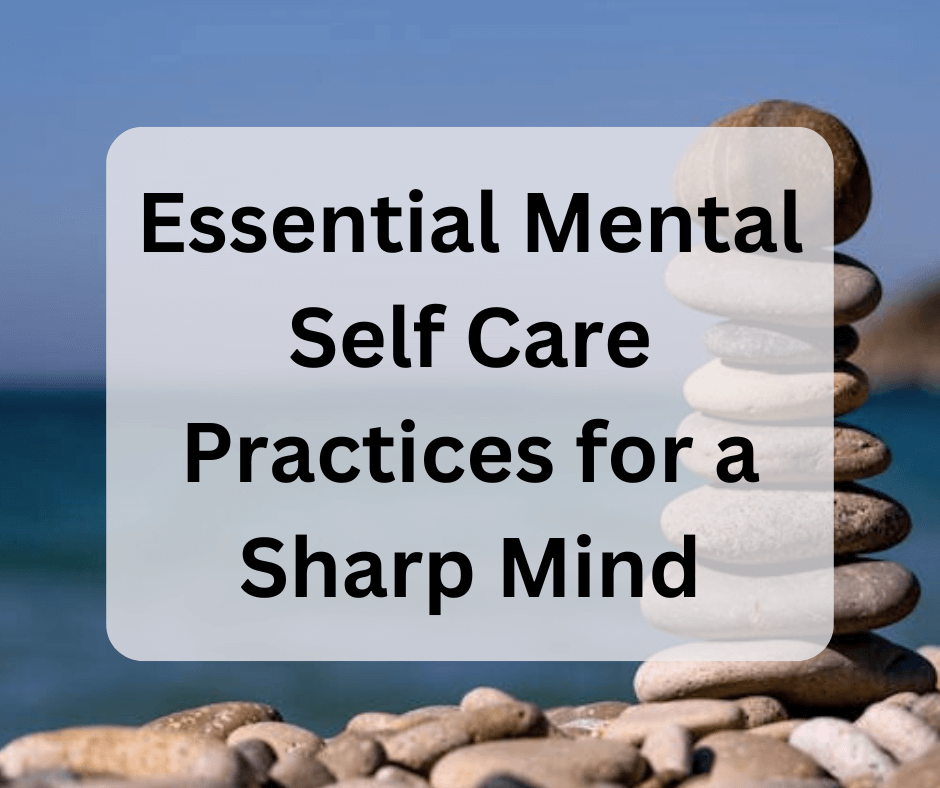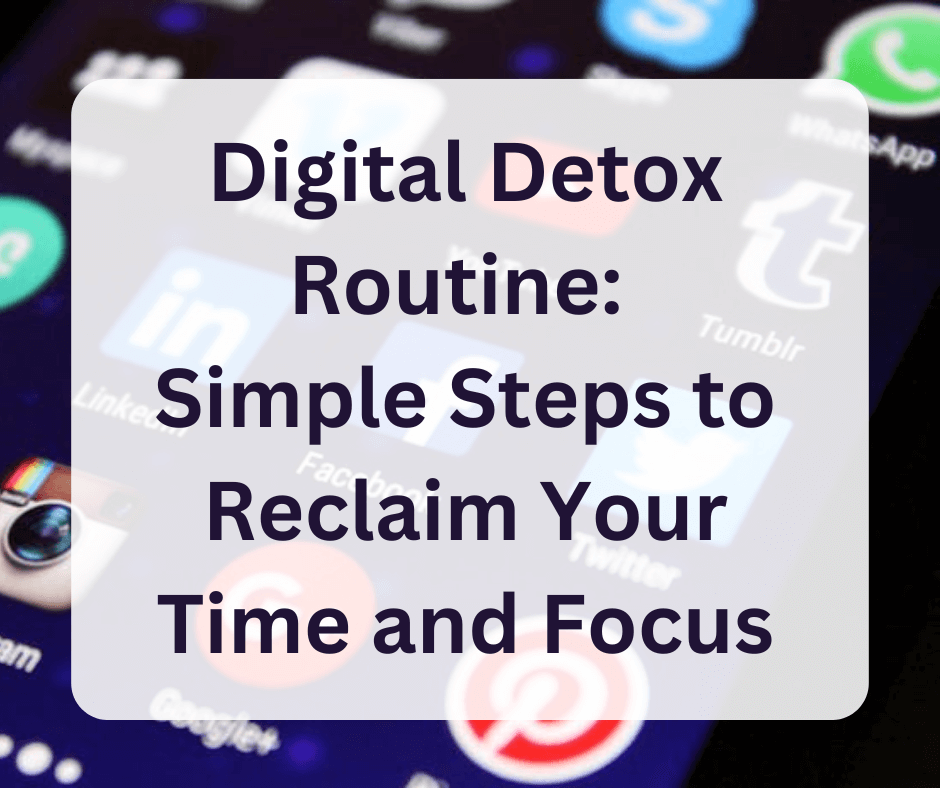Do you feel guilty when you are bored? You’re not alone. We live in a fast-paced world, where we fear quiet moments. We read books and watch videos that teach us how to squeeze the last drop of productivity from every waking minute. But what if we’re wrong? What if the benefits of boredom are real?
Researchers have discovered that people who experience boredom regularly score 41% higher on creativity tests than those who constantly seek stimulation.

Boredom isn’t the enemy we’ve made it out to be. It’s actually a cognitive state that can unlock creativity, improve mental health, and enhance our ability to think deeply. When we embrace those seemingly “unproductive” moments, our brains get the chance to wander, process, and regenerate in ways that constant stimulation cannot provide.
1. Boredom Unleashes Creative Thinking and Innovation
Despite what you may think, your brain isn’t idle when you are bored. Even when you are resting, you engage the Default Mode Network, processing internal thoughts such as self-reflection and mind-wandering. Taking a break from constant stimulation triggers introspective thinking, which in turn can lead to problem-solving and creativity.
I don’t know about you, but most of my creative ideas came when I wasn’t expecting them – on a walk, in the shower, during a work-out. I never felt creative when I set out to be creative. It always creeps up on me.
Boredom in itself is an uncomfortable emotion. This is why we always seek stimulation, why we try to avoid it. When under-stimulated, our brain looks for variety, it seeks something new and different. If you don’t give it information, it will settle with processing your own thoughts and help you come up with new ideas.
2. Mental Health Benefits of Boredom
I think we all know that taking some time off will help us relax. Yet somehow we keep piling up tasks and responsibilities into an already busy schedule. Whether it’s FOMO or the fear of being unproductive, we can’t seem to take those breaks, enjoy those idle moments.
But one of the most obvious benefits of boredom is stress reduction. Constant stimulation triggers stress, anxiety rises. Taking a break from all that can help with emotional regulation, because you are taking time for yourself. Boredom gives you the mental space to process difficult emotions and experiences.
So next time you feel under-stimulated, resist the urge to grab your phone and start scrolling. Sit with it instead. See where your thoughts get you.
3. Enhanced Focus and Productivity Through Boredom
It might seem paradoxical, but taking more mental downtime will actually improve your productivity. That’s the reason why you have breaks in schools, why you should take a short break from your work-day every 50 minutes.
You cannot sustain your attention forever, and the longer you stretch it, the more unfocused you become. This is because when you concentrate, your brain uses energy, which is not limitless. Studies show that unstimulated periods allow your brain to consolidate information and recover.
This is the productivity paradox: by doing less, you achieve more. Now that’s a win-win in my book!
4. Boredom Builds Self-Awareness and Personal Growth
One of my favourite benefits of boredom is increased self-awareness. We are so disconnected from ourselves with these screens in our faces all the time. We have no time whatsoever for introspection. People don’t sit with their own thoughts anymore, and that is turning us into selfish, unaware, reactive brats.
You can grow your personal awareness so much by being present with your thoughts and emotions, and trying to understand yourself. But this means being quiet. Boring periods can help clarify your personal values and goals, and develop emotional intelligence.
5. Social Benefits: Better Relationships Through Boredom
This might be because I’m a millennial, but there is nothing more annoying to me than people checking their phone while we’re having a conversation. Put that phone away! Not only does it feel disrespectful, but it can also take away form your experience of that moment. You are sacrificing your opportunity to connect with another human, to learn and to grow, so that you can stare into a sterile feed.
Choose instead to connect with the one who is in front of you, because it’s for your own benefit. Be in the moment, savour it, create and save these memories!

When you don’t constantly distract yourself and take the time to actually listen to people, your empathy develops and grows. You can become a better friend, a more considerate son or daughter, a more compassionate parent.
By practising mental stillness you will enhance your listening skills and be that person that others like to be around.
How to Cultivate Healthy Boredom in Daily Life
What is Healthy Boredom?
You know how you sometimes feel bored while you are scrolling through your social medial feed? Your attention is engaged, but you are not particularly enjoying it? You know you should stop, but you crave the constant new information, or just don’t know what else you could do. Yeah, that’s not great.
Healthy boredom is when you allow your mind to process thought, to ruminate and to wander. I know it feels unfamiliar and scary. But start small, and you will see that it’s not so bad at all.
Here are a few suggestions of steps you can take to invite more healthy boredom into your life:
Actively Create Unstimulated Time
Force yourself to take breaks from whatever it is you are doing. Put your phone away, and look out of the window instead. Watch people, observe their behaviour, observe the thoughts that are going through your head.
- Are there worries?
- Are you comparing yourself or your experiences with what you are observing?
- Are you remembering something?
- Are you feeling a certain emotion?
Don’t try to change your thoughts and feelings, just observe them.

Make it a habit to take advantage of short, transitional moments to explore boredom. Waiting form your Uber? Stuck in traffic? In a doctor’s waiting room? Keep you phone in your pocket and do nothing.
Set Boundaries with Technology and Entertainment
Another thing you can do to enjoy the benefits of boredom is set digital boundaries. We don’t know how to be bored anymore, because entertainment is everywhere. Whether we are watching something on a streaming platform, or on social media, information is always bombarding our minds.
Make intentional decisions to reduce your screen exposure. Set time limits of apps, leave your phone in another room when you are at home. And, most importantly, explore new hobbies that engage your hands, but let your mind wander. This is called active rest and it’s an essential ingredient for a healthy and clear mind.
Do Nothing Without Feeling Guilty
Last but not least, remember you are not doing anything wrong. Boredom is natural. We have been conditioned by this hectic world to always be engaged, because that’s profitable. Your attention is an asset and it’s valuable. But your value doesn’t come from how many adds you can watch in an hour.
Take back control without feeling guilty, because this guilt is not yours. Allow your mind wander, to be curious, creative, rested, and oh-so-human!
Overcome the Fear of Being Bored
I know it’s scary to be in front of that long stretch of time with nothing to do. I felt it too, still do – all the time. I know that feeling of waiting for a bus and feeling the need to grab that phone to make time run faster. We all have it.
But instead of seeking new content, learn to create your own experiences instead. Next time you find yourself without stimulation and reaching for your phone, try to explore your own thoughts instead.
Start small, to make it less daunting. Start with 5-minute breaks, and scale up from there.
Learn meditation, as that is a more active state. Start with guided meditation, until you know how it works. Then try it on your own. This kind of mindfulness will make you more ready for, and more resilient to boredom.
Approach the idea of boredom without fear or anxiety. I know so many of us are afraid of our own thoughts, but there is nothing to worry about. If allowed, your mind will do its job to process experiences, emotions and daily problems. It’s just doing its job – but it’s up to you to give it some space!
Conclusion
The benefits of boredom extend far beyond what most people realise. From sparking creativity to improving mental health, these unstimulated moments are essential for our cognitive and emotional well-being. Rather than filling every spare moment with entertainment or stimulation, we need to embrace the power of doing nothing.
Start small—put your phone away for ten minutes today and let your mind wander. Notice what thoughts arise when you’re not constantly fed information. You might be surprised by the insights, creative ideas, and sense of calm that emerge from these seemingly “boring” moments.
Remember, in a world that profits from your constant attention, choosing to be bored is actually a radical act of self care. Your brain will thank you for it!














